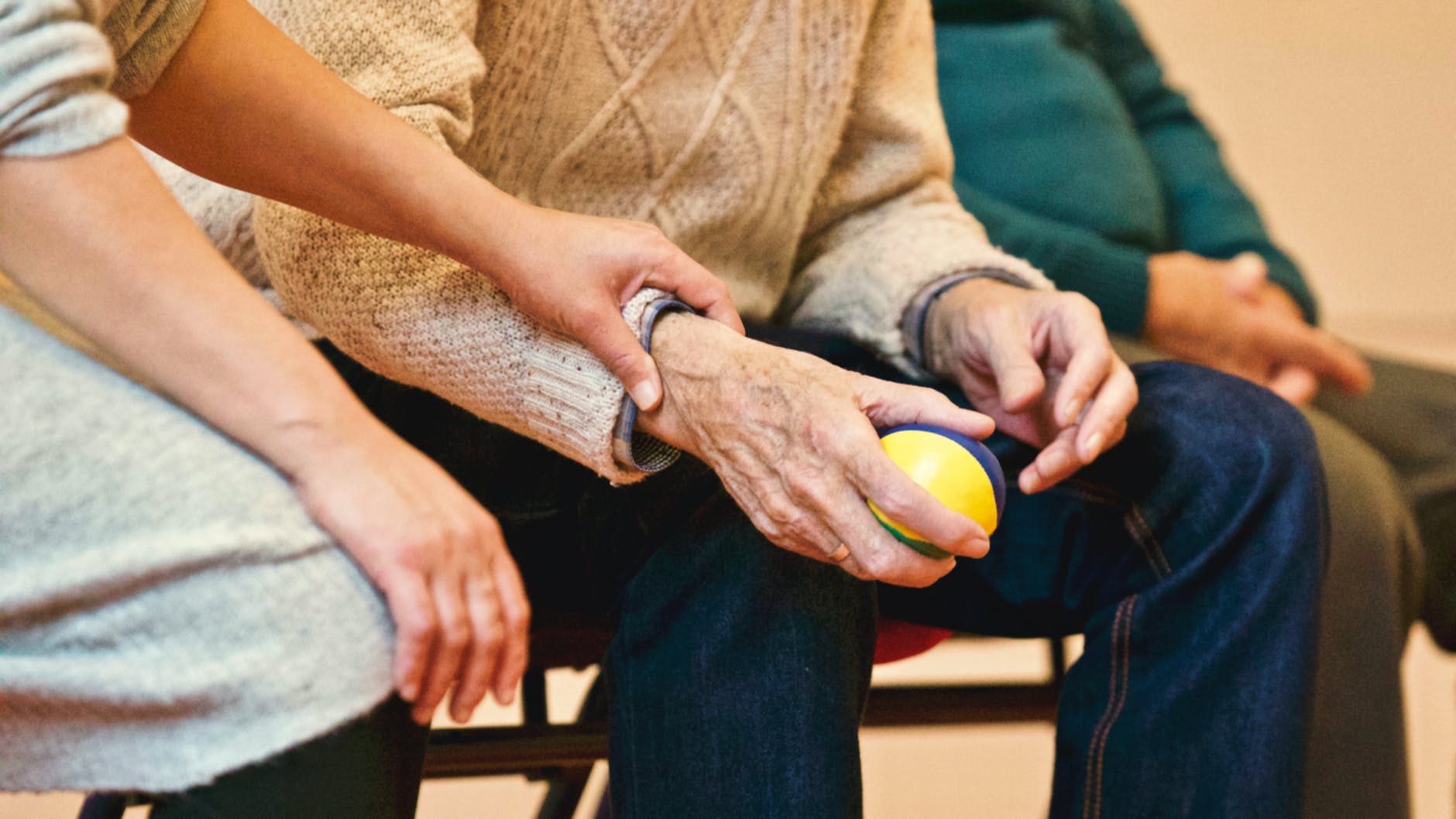The United Nations is projecting that the number of Singaporeans aged 65 and older will double by 2030. That’s nearly one in every four Singaporeans—the fastest rate of increase in Asia. Given this rise an important topic in recent years has been eldercare, and the different options Singapore residents have for when they reach their senior years.
There are two main avenues for integrated long-term care (ILTC) service handled by the Agency of Integrated Care: residential-based and community-based. According to the YCP Solidiance white paper The Future of Eldercare in Singapore: The Role of Telemedicine, Assistive Technology, and Assisted Communal Living, there has been an increased focus on the latter with more elderly in community care as of 2018.
The roadmap for community care
With more elderly Singaporeans choosing community-based care, the AIC and the Ministry of Health (MOH) have created Community Care Vision 2030, a four-point roadmap to build a robust community-based network that encourages stakeholders to be more proactive in supporting eldercare. The program’s vision focuses on four important points:
- Proactive Outreach: Identifying any health and social issues the elderly may have through preventive health home visits, as well as partnerships with community care providers with specialized programs.
- Health and Wellness: Chronic disease and functional screening, vaccination programs, and activities focused on exercise and nutrition for the elderly. Those with health needs or issues are then referred to care services.
- Community Support: Creating a national community support infrastructure to form a network of helpers to check up on the elderly who live alone, along with tele-befriending initiatives.
- Senior-centric Help and Accessible Care Services: Developing a network system to link the healthcare and social needs of the elderly. With assistance from the government, this helps make expensive residential-care a last resort option for many Singaporeans.
Alongside these four pillars are financial incentives to make community-based care more accessible for Singapore’s elderly:
- Home Caregiving Grant: Provides a monthly stipend of USD144 to support the elderly with a moderate or permanent disability
- ElderFund: Provides disabled elderly Singaporeans from lower-income families with up to USD179 a month
- Pioneer & Merdeka Generation Package: Allows all Singaporeans born before 1959 to receive subsidies deposited to their state-owned medical savings accounts for inpatient and outpatient care
- Housing incentives: Programs that incentivize elderly Singaporeans to downsize their homes or sell the tail-end of their public housing lease, and receive cash bonuses from the government
New models of eldercare
The future of eldercare is shaping up to be more focused on a new standard—creating a support network of facilities for the elderly within their communities. These new initiatives are the future of eldercare, shifting away from the old model of nursing homes to helping the elderly through an integrated community that cares for their needs. This new model creates an entirely new market for various stakeholders to partner with the eldercare sector.
To learn more about these initiatives along with our recommendations on how your business can help shape the future of eldercare in Singapore, download our full report here.







